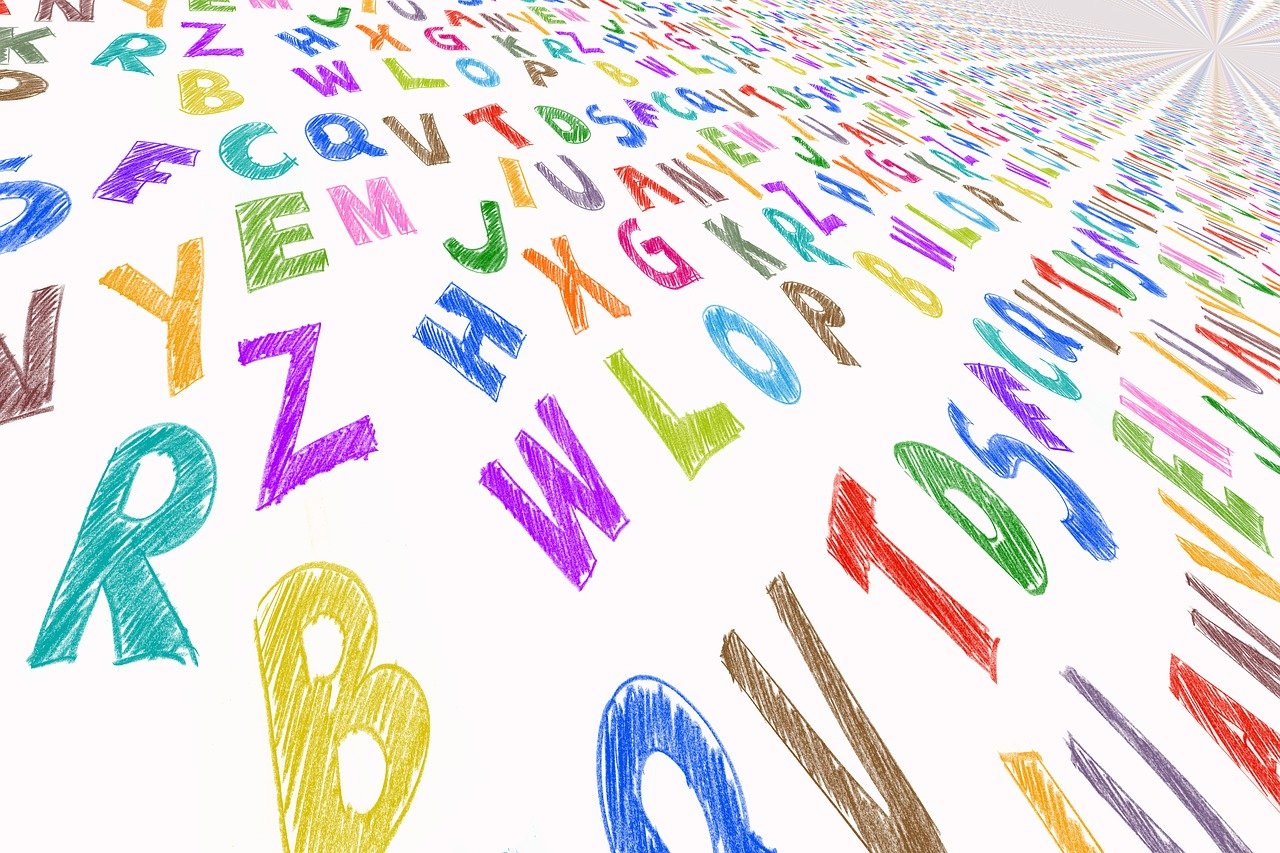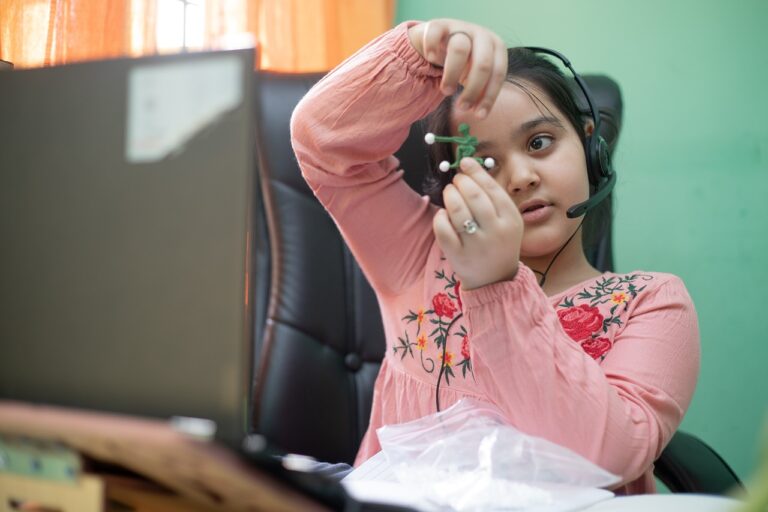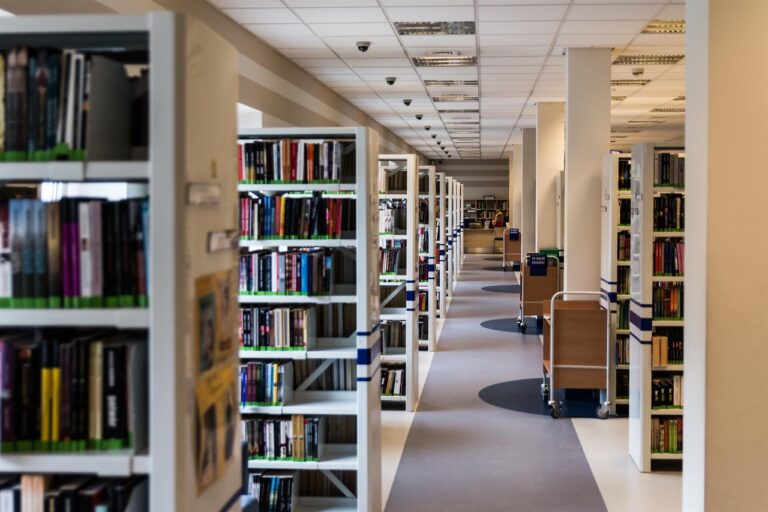The Role of Education in Refugee Integration and Resettlement
Language acquisition plays a crucial role in the integration and success of individuals within a new community. Being able to communicate effectively in the language spoken in their new surroundings is essential for accessing education, employment opportunities, and social interactions. For refugee children, rapid language acquisition is particularly important as it can help facilitate their integration into new schools and communities, easing the challenges of adapting to a different environment.
Research has shown that language acquisition is most effective when individuals are exposed to the language regularly and in meaningful contexts. Immersion programs and language classes tailored to the specific needs of refugee children can greatly enhance their language learning progress. By providing adequate support and resources for language acquisition, we can empower refugee children to thrive academically and socially in their new environment.
Language acquisition is crucial for integration and success in a new community
Effective communication in the local language is essential for accessing education, employment, and social interactions
Rapid language acquisition is particularly important for refugee children to facilitate their integration into new schools and communities
Research shows that exposure to the language regularly and in meaningful contexts enhances language acquisition
Immersion programs and tailored language classes can greatly improve language learning progress for refugee children
Providing support and resources for language acquisition empowers refugee children to thrive academically and socially in their new environment
Access to Quality Education for Refugee Children
Refugee children face numerous challenges when it comes to accessing quality education. The disruption caused by fleeing their homes often leads to gaps in their learning and skills development. Consequently, these children may struggle to adapt to a new educational system, leading to lower academic performance and a sense of alienation.
Moreover, many refugee children lack the necessary resources and support to excel academically. Inadequate school facilities, limited access to educational materials, and a shortage of qualified teachers further compound the obstacles they face. Without proper intervention, these barriers perpetuate an educational disadvantage that undermines the potential of refugee children to thrive and contribute positively to society.
Empowering Refugee Women Through Education
Empowering refugee women through education is an essential step towards fostering their independence and self-sufficiency. By providing access to quality education, these women can develop the necessary skills and knowledge to create better opportunities for themselves and their families. Education not only equips them with the tools needed to secure employment but also empowers them to make informed decisions about their lives.
Furthermore, education plays a crucial role in breaking down societal barriers and challenging traditional gender norms that may limit the potential of refugee women. Through education, these women can gain confidence, assert themselves in various spheres of life, and contribute meaningfully to their communities. Empowering refugee women through education is not just about academic learning but also about instilling a sense of agency and resilience that can help them navigate the challenges they face.
Why is language acquisition important for refugee women?
Language acquisition is important for refugee women as it enables them to effectively communicate, access information, and navigate their new environment. It also increases their opportunities for employment and education.
How does access to quality education benefit refugee children?
Access to quality education for refugee children provides them with a sense of normalcy, opportunities for socialization, and tools to build a better future. Education also helps them develop critical thinking skills and enhances their overall well-being.
How can education empower refugee women?
Education empowers refugee women by providing them with the knowledge and skills needed to support themselves and their families. It also boosts their confidence, opens up opportunities for economic independence, and helps them advocate for their rights.
What are some challenges refugee women face in accessing education?
Refugee women face various challenges in accessing education, including language barriers, lack of financial resources, cultural barriers, and limited access to quality educational institutions. Discrimination and gender norms within their communities can also hinder their educational opportunities.







